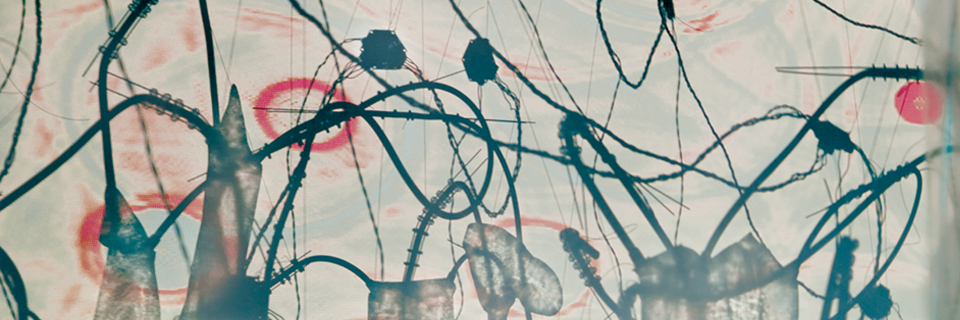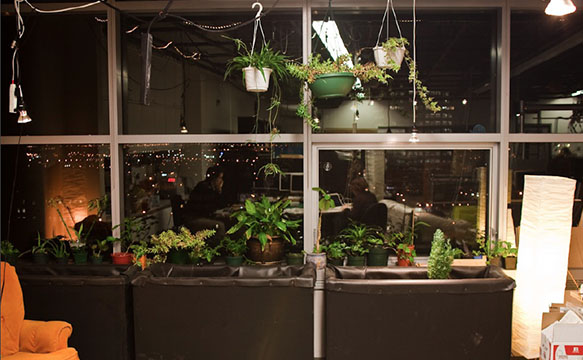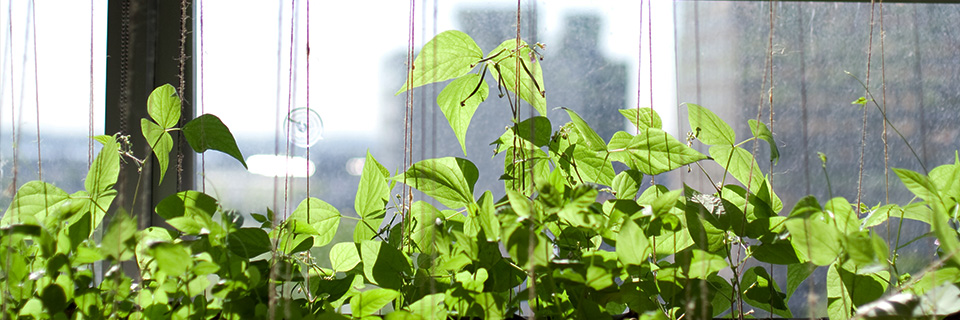2014
Seminar TML Winter 2014 – Michel De Certeau & Merleau Ponty
Every thursday at 4:00
From January 9 to February 13 2104
MICHEL DE CERTEAU – The Practices of everyday life
Every thursday at 4:00
From February 27 to April 3 2014
MERLEAU PONTY – Phenomenology of perception : The Spatiality of one’s own body
2011-2012
Temporal Textures Seminar
The goal of this seminar is to develop some conceptual, movement, and computational approaches to time not as some abstraction but as how material change is experienced. (It’s useful to adopt the term “temporality” in place of “time.”)
We’ll read a bit about temporality from a phenomenological perspective.
We are movement artists as well as untrained bodies working together with media artists and programmers and theoreticians learning to think about movement in movement.
A methodological experiment is to see whether and how we might transpose some Alexandrian practical, sited approaches based on sketching and making “in-situ” to our situation.
references:
- Merleau-Ponty, Maurice. Temporality, in Phenomenology of Perception
- Lightman, Alan. Einsteins Dreams. 1992.
- Alexander, A Small Example of a Living Process, in Process of Creating Life. 2003. p 571-632.
Supplementary Readings
- Heidegger, Martin. §12 Transcendence and temporality, §13 Transcendence temporalizing itself in temporality and the essence of ground, in Metaphysical Foundations of Logic
- Hoy, David Couzens. The Time of Our Lives : A Critical History of Temporality. 2009.
- Bancroft, Jessie Hubbell. Games for the Playground, Home, School and Gymnasium.1909.
- Bancroft, Jessie Hubbell, and William Dean Pulvermacher. Handbook of Athletic Games for Players, Instructors, and Spectators, Comprising Fifteen Major Ball Games, Track and Field Athletics and Rowing Races. 1916.
- Crampton, C. Ward, Emanuel Haug, Montague Gammon, Luther Halsey Gulick, and Jessie Hubbell Bancroft. School Tactics and Maze Running. 1915.
Fall 2012
Maths After Badiou and Deleuze
Some graduate students are planning an informal maths seminar for art and philosophy, hosted at the Topological Media Lab.
As before, the TML’s informal maths seminar will be oriented along conceptual lines, especially with an eye to applications in philosophy, and critical studies of media arts and sciences. This term, we will understand and prove the Brouwer fixed point theorem, using the poetic text Topology from a Differentiable Viewpoint, by J. Milnor. As usual, participants will engage directly in the process of making and shaping concepts in proofs.
We’ll likely host this late afternoons on Tuesdays. Please come to an introductory workshop
Tuesday Sep 25, at 3:00-4:00,
EV 7.725
Spring 2012
Hexagram Syncretic Transcodings
The Syncretic Transcodings conferences, organized by Hexagram|CIAM, are roundtables for members of research-creation networks (creators, curators, educators, etc..) to exchange and discuss the differences in perceptions of media artworks according to their cultural contexts. While they are open to the public at large, they are primarily aimed at protagonists from the field, and from academic networks.
http://syncretictranscodings.org/
2009-2011
Memory, Place, Identity, with David Morris
Phenomenological alternatives to cognitive scientific models of human memory. In particular, how past movement and how the body inhabits a space informs the present somatic action. Merleau-Ponty, Ed Casey
TMl Maths Seminar
2011-2012 DIY Maths Seminar for artists, philosophers and other humanists
Tomorrow, we’ll continue our DIY workshop on maths: group theory. DIY means you’ll sling chalk and work actively, not just read and take notes.
We’ll work with building some more examples of groups besides the symmetry group of simple shapes:
e.g. permutation groups and cyclic groups,
and talk about mappings from one group to another, introducing these concepts: homomorphism, kernel, isomorphism.
TML Maths Seminar for Philosophers
For those of you who have some interest and experience in (process) philosophy, I’d like to offer a parallel to the maths workshop.
Goals over the Fall term and beyond:
To read the topology and morphogenesis essay for Theory Culture and Society,
talk about implications in process philosophy and social sciences,
anticipate criticisms and help construct strengthenings.
(I’m offering the algebra workshop on Thursdays as a way to anticipate some questions from the algebraically minded people. I’d like to also see if I can make clear my objection to substituting category theory for topology (or logic for mathematics), a move which seems to reverberate despite catachresis! Stepping carefully past Badiou)
I’m working on a final draft of the essay for delivery December 1 – 8, so it’d be great to meet a couple of times in November in some comfortable way.
(The essay is the maths heart of the book on poiesis and topological matter.)
2006-2007
Graduate Seminar in the Critical Studies of Media Arts and Sciences: Subjectification, Process, and Performance
Experimental practices in philosophy, art, and technoscience. This year’s course critically introduces some vital interdisciplinary discourses in the humanities and arts concerning subjectification, process, and performance by threading a narrative from the modern crisis of representation to materialist notions of distributed agency and affect. The seminar supports and is informed by creation-research approaching these questions sensitive to conditions framing ethico-aesthetics
Graduate Seminar in the Critical Studies of Media Arts and Sciences: The Built Environment
Lefebvre, Christopher Alexander, Arakawa and Gins




